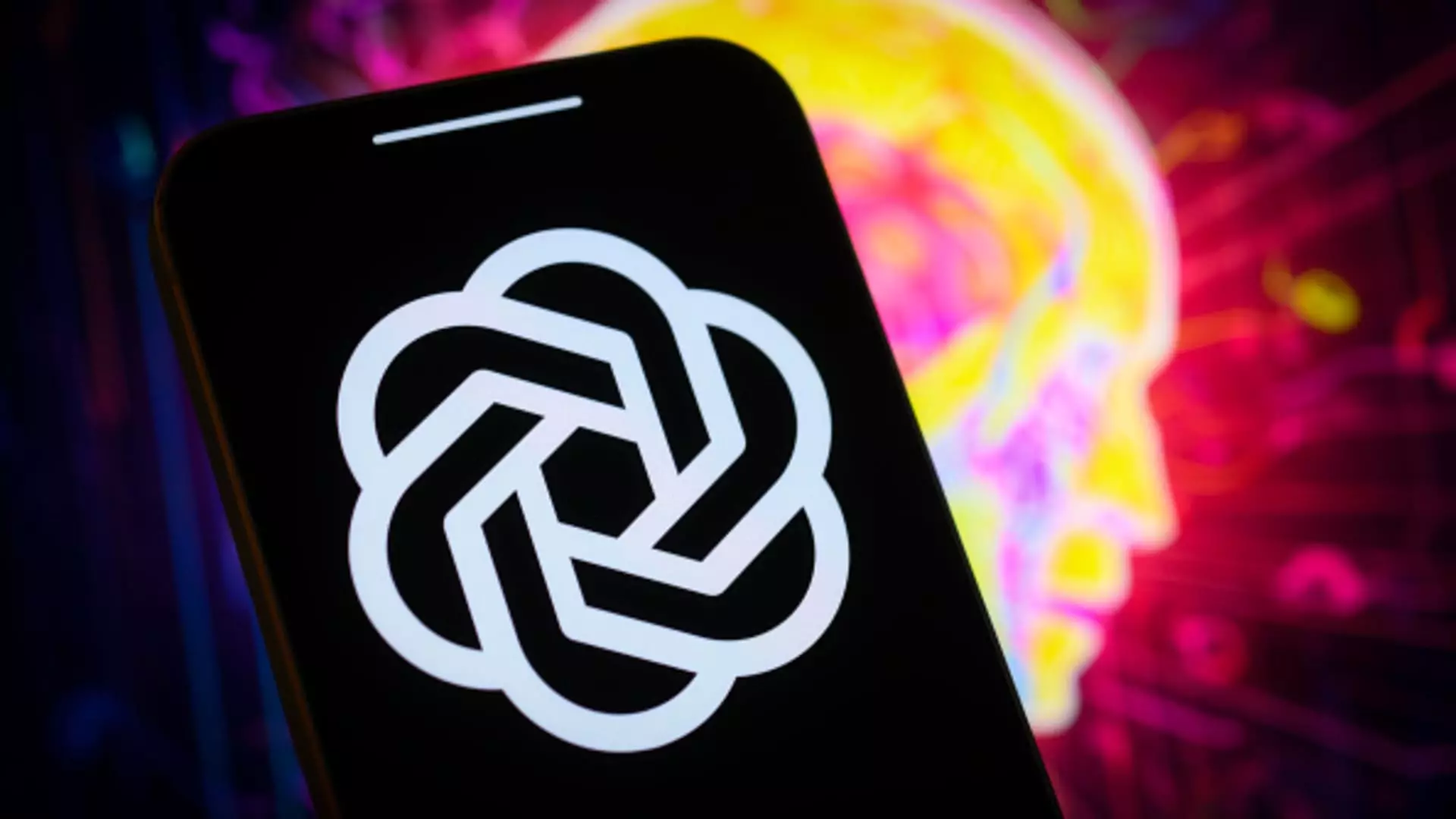In a significant shift towards hardware development, OpenAI has welcomed Caitlin “CK” Kalinowski, the former chief of Meta’s Orion augmented reality glasses program. This appointment, announced on her social media accounts, signals OpenAI’s ambition to broaden its technological portfolio beyond software and artificial intelligence. Kalinowski’s initial focus will be on enhancing OpenAI’s robotics initiatives and forging partnerships that aim to integrate artificial intelligence into tangible applications in the physical realm.
Caitlin Kalinowski is not a newcomer to the tech landscape. Her previous role at Meta involved overseeing the development of Orion, regarded as an advanced pair of augmented reality glasses. Prior to that, she spent over nine years in the virtual reality space at Oculus, a Meta subsidiary, and held a key designer role at Apple, contributing to the evolution of MacBook designs, including the Pro and Air models. Her extensive experience in high-profile tech firms positions her uniquely to drive OpenAI’s vision of bridging AI and hardware.
Kalinoski’s appointment comes on a noteworthy day for OpenAI, coinciding with its investment in Physical Intelligence, an innovative robotics startup based in San Francisco that recently secured a substantial $400 million funding round, lifting its valuation to $2.4 billion. This investment not only illustrates OpenAI’s commitment to advancing the robotics landscape but also highlights strategic collaborations with esteemed investors like Jeff Bezos and venture capital firms like Thrive Capital, Lux Capital, and Bond Capital. These affiliations suggest a strong belief in the potential of robotics infused with AI to create substantial societal benefits.
OpenAI has garnered fame primarily due to ChatGPT, its widely-used conversational AI model, but the trajectory of the organization seems to indicate a desire to become a multifaceted technology company. By ushering in Kalinowski to spearhead robotics and consumer hardware efforts, OpenAI is not just venturing into hardware; it is actively seeking to make a mark in reshaping how humans interact with technology. The vision is clear: to bridge the gap between artificial intelligence and physical applications, creating tools that could revolutionize everyday lives.
The integration of AI into hardware is not without its challenges. As OpenAI embarks on this new chapter, it will need to address issues relating to security, ethics, and the practical application of its AI models in real-world scenarios. The confluence of Kalinowski’s expertise in hardware development and OpenAI’s cutting-edge AI technology presents a unique opportunity. The industry is watching with keen interest to see how this leadership change might morph into groundbreaking innovations that not only optimize but also humanize technology for its users.
OpenAI is poised for an exciting transformation under the leadership of Caitlin Kalinowski, as the organization sets its sights on merging advanced AI capabilities with practical hardware solutions, paving the way for a future where technology profoundly enhances human experiences.


Leave a Reply